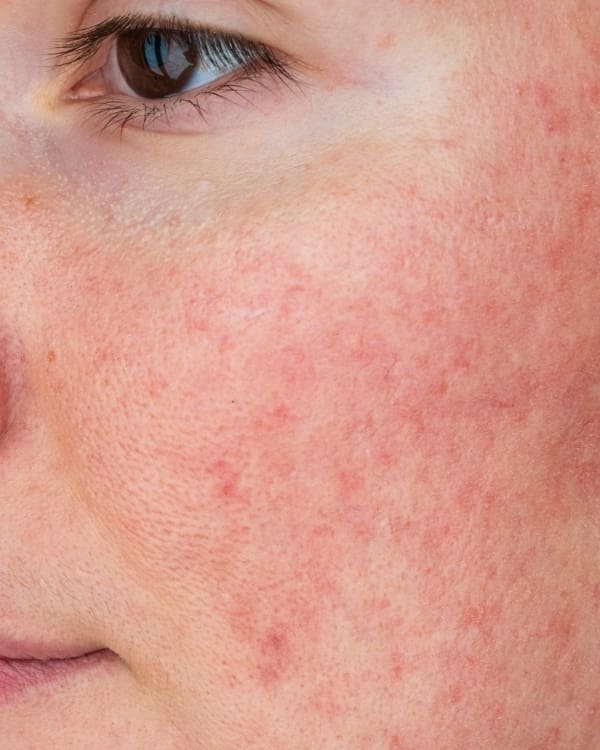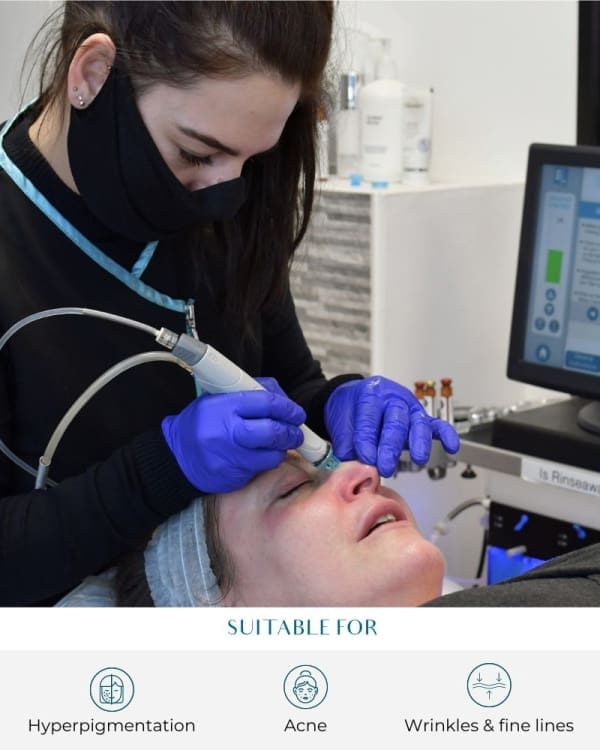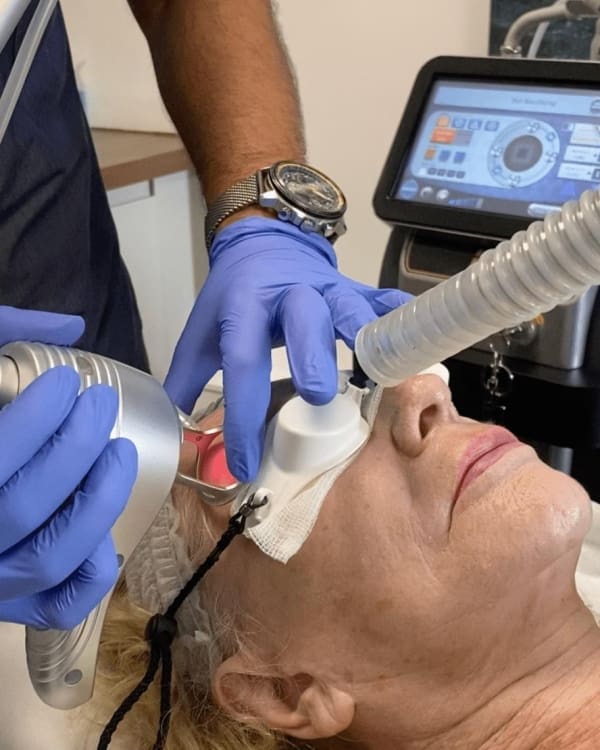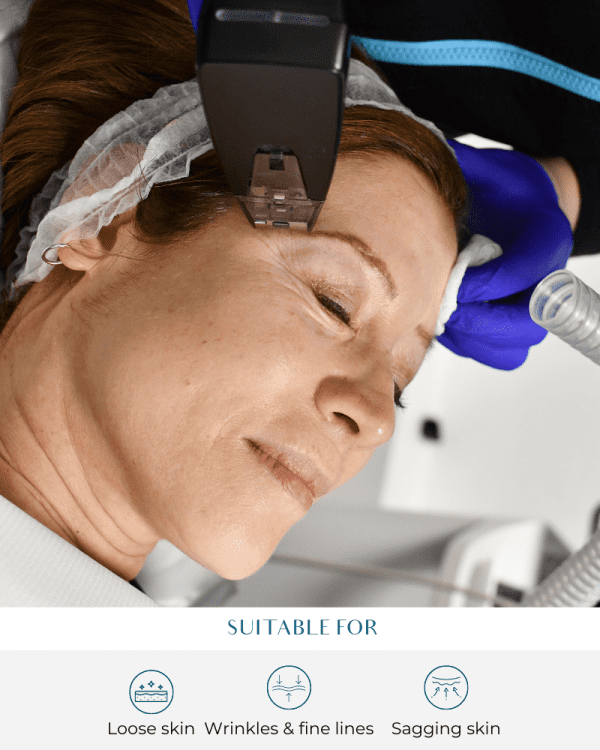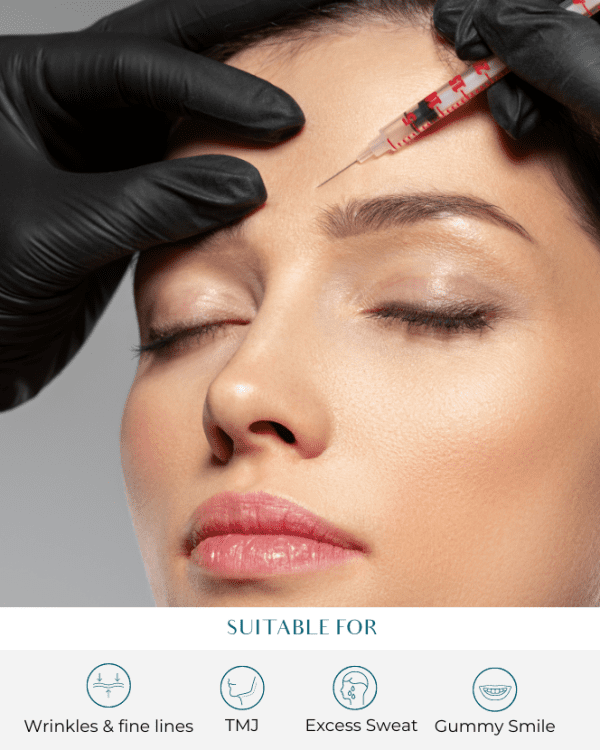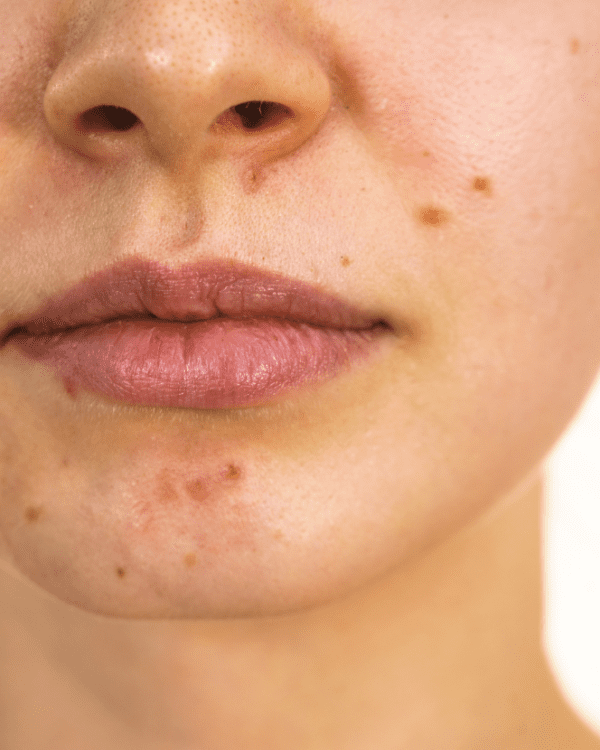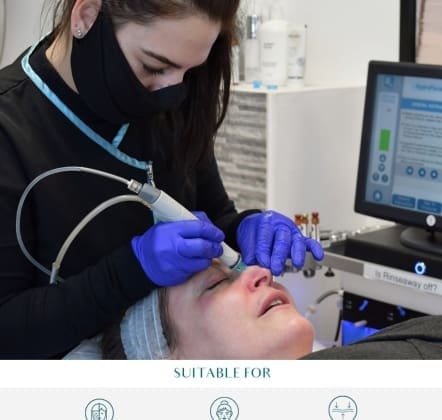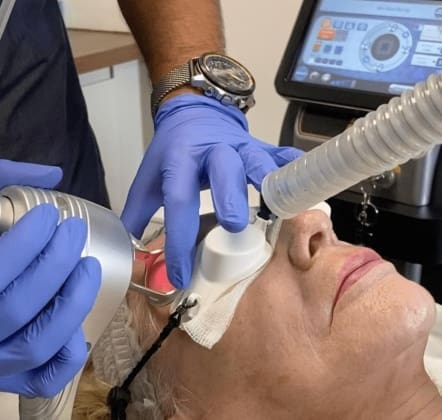Understanding Pigmentation on Neck: Causes & Treatment Options
When you look in the mirror, you may sometimes notice dark patches or discoloration around your neck. This condition—commonly referred to as pigmentation on the neck or a dark neck—can cause concern, but in most cases, it is easily treated once the underlying cause is identified. While pigmentation is often noticed on the neck, it can also affect various parts of the body, including the face, armpits, groin, and other skin folds.
At Perfect Skin Solutions, we support patients with a wide range of skin conditions, helping them achieve healthier, more radiant skin with safe and effective treatment options.
What is Pigmentation on the Neck?
Pigmentation refers to changes in skin colour. On the neck and surrounding skin, these changes present as areas that appear darker, grey-brown, or even velvety in texture. While this can be due to increased melanin production, other skin changes, medical conditions, or external factors may also be responsible.
The primary symptom is the appearance of patches or widespread darkening that can affect areas such as:
- The back of the neck
- The skin folds around the neck
- Sometimes other areas like the groin or underarms
In many cases, healthy people may notice pigmentation without any other symptoms, but in others it can signal an underlying condition that warrants medical attention.
Common Causes of a Dark Neck
The most common cause of pigmentation on the neck is acanthosis nigricans. Other reasons may include:
1. Acanthosis Nigricans
One of the most common causes, this condition leads to skin that feels velvety and develops dark patches around the neck and other folds. It is often associated with insulin resistance, high blood sugar, obesity, or even thyroid problems. Acanthosis nigricans is more common in certain groups, particularly those with risk factors such as obesity, insulin resistance, or a family history of metabolic disorders.
2. Sun Exposure
The neck is often exposed to UV rays and visible light without adequate sun protection, leading to permanent hyperpigmentation in some cases.
3. Drug-Induced Hyperpigmentation
Certain medications, including some birth control pills, corticosteroids, other corticosteroids, or other treatments, may trigger drug-induced skin pigmentation.
In drug-induced pigmentation, the colors range from golden brown to blue-grey, depending on the medication involved.
4. Dermatitis Neglecta
In rare cases, poor cleansing of the affected skin can lead to the build-up of dead skin and oils, giving the appearance of a black neck.
5. Other Causes
- Diabetes and long-term metabolic issues
- Rare genetic disorders such as Zinsser-Engman-Cole syndrome or ashy dermatosis
- Sparse eyelashes, redness, or skin tags may appear alongside pigmentation depending on the underlying cause
- Family history of pigmentation or metabolic disorders may increase risk
Diagnosis & Medical Evaluation
Because pigmentation could indicate an underlying condition, it is important to consult a skin specialist or dermatologist. At Perfect Skin Solutions, we carry out a thorough consultation that may include:
- Full medical history review
- Blood tests or blood work to check insulin levels, thyroid problems, or other concerns
- Identifying if certain medications may be contributing
- Assessing any other symptoms beyond the skin
It is also essential to see a doctor for proper diagnosis and to determine the most effective treatment plan.
Treatment Options at Perfect Skin Solutions
The first step is to treat the underlying cause of pigmentation, such as acanthosis nigricans or drug-induced hyperpigmentation, to effectively address black neck.
The best treatment depends on the underlying cause, the type of skin condition, and the patient’s general health. We offer a comprehensive range of treatments for pigmentation on the neck, including:
- Skin Lightening Creams & Serums
Formulated to gently even out skin tone and help the skin return to its natural shade. - Chemical Peels
Target dark patches and improve skin changes by exfoliating the outer layer and stimulating regeneration. - Laser Therapy
Our advanced lasers can selectively target melanin in areas of permanent hyperpigmentation, promoting a more even complexion in the affected areas. - Other Treatments
- Advice on sun protection to prevent worsening with future sun exposure
- Support with weight loss and lifestyle changes for those with insulin resistance
- Referral to your healthcare provider if diabetes, thyroid problems, or other underlying causes are identified
- Treating underlying health conditions can help improve pigmentation and support better results from other treatments.
Living with Pigmentation: What You Can Do
While treatments can significantly reduce pigmentation, daily habits also play an important role. We recommend:
- Consistent use of high-quality sun protection on the neck and surrounding skin
- Monitoring for other symptoms such as redness, patches spreading to other areas, or unusual texture
- Managing blood sugar levels if you have diabetes or are at higher risk
- Regular check-ups with a dermatologist to ensure the right care plan
Managing Neck Pigmentation in Individuals with Darker Skin
Individuals with darker skin are more likely to develop hyperpigmentation on the neck, making it especially important to take a comprehensive approach to both prevention and treatment. This skin condition can be triggered by a variety of factors, including sun exposure, hormonal changes, certain medications such as birth control pills, and underlying health issues like acanthosis nigricans.
Sun protection is a crucial step in managing neck pigmentation for those with darker skin. Daily use of broad-spectrum sunscreen, wearing protective clothing, and minimizing direct sun exposure can help prevent dark patches from developing or worsening. Since sun exposure can intensify pigmentation, these habits are essential for maintaining an even skin tone.
In many cases, neck pigmentation may be a symptom of an underlying condition such as insulin resistance, polycystic ovary syndrome, diabetes, or thyroid problems. Addressing these underlying causes—through weight loss, medication, or other treatments recommended by your healthcare provider—can significantly improve the appearance of affected skin. If you notice new or persistent symptoms, a skin specialist may recommend blood tests to help identify any underlying conditions contributing to the pigmentation.
Treatment options for neck pigmentation in individuals with darker skin include skin lightening creams, chemical peels, and laser therapy. These treatments can help reduce the appearance of dark patches, but results may vary depending on the underlying cause and the individual’s skin type. In some cases, pigmentation may be permanent, and the focus shifts to managing the appearance and health of the affected areas.
It’s also important to consider that neck pigmentation can sometimes be linked to other skin conditions, such as dermatitis neglecta or ashy dermatosis. Consulting a skin specialist ensures an accurate diagnosis and a tailored treatment plan. They can discuss treatment options that are best suited to your skin and medical history.
Alongside medical treatments, maintaining good skin hygiene, using gentle, fragrance-free cleansers, and avoiding harsh skin products can help protect the skin and prevent further irritation. A balanced diet and healthy lifestyle also support overall skin health and may reduce the risk of developing new pigmentation.
If you are concerned about pigmentation on your neck, especially if you have darker skin, don’t hesitate to seek advice from a dermatologist or healthcare provider. They can help identify the underlying cause, recommend appropriate treatments, and support you in achieving healthier, more even-toned skin.
When to See a Specialist
If you have noticed:
- Skin that begins to feel velvety or thickened
- Rapid colour changes in the affected skin
- Other symptoms such as skin tags, sparse eyelashes, or unexplained fatigue
…it is always wise to book an appointment with a skin specialist.
Final Thoughts
A dark neck or changes in skin pigmentation can be worrying, but in most cases, this condition is easily treated once we identify the underlying cause. At Perfect Skin Solutions, our expert dermatology and aesthetics team will assess your concerns, carry out any necessary blood tests or evaluations, and design a treatment plan tailored to you.
Your skin deserves to look clear and healthy — and with the right treatment options, we can help your skin return to its natural brilliance.
✨ Book your consultation today with Perfect Skin Solutions to discuss personalised solutions for pigmentation and discover the confidence of healthier skin.




















































